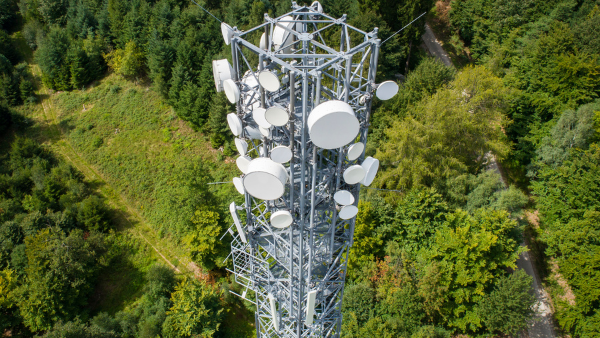Author
The Electronic Communications Code (“Code”) which came into force on 28 December 2017 has been the subject of extensive criticism from landowners and operators alike and has resulted in numerous disputes, which have passed through the courts. So, following consultation in early 2021, a series of amendments had been proposed, which will be implemented by Part II of the Product Security and Telecommunications Infrastructure Bill, introduced to Parliament on 24 November 2021.
Obviously, there is plenty of opportunity for amendments to the Bill as it passes through the Houses of Parliament. However, the current draft provides a good indication of the direction of travel. We consider the key points of note for landowners and highlight actions they may wish to take.
Existing operator occupiers
Operators who are already in occupation of land, but are unable to require a new code agreement, will be permitted to acquire a new agreement.
There is some concern that on the current drafting an operator will be able to request a new code agreement, even if it is still within the term of an existing code agreement, or if no code agreement ever existed. However, this would directly contradict the Government’s stated intention that operators should not be able to modify ongoing code agreements, so it remains to be seen how this will be affected.
Alternative dispute resolution
Operators will be under a duty to consider using Alternative Dispute Resolution (ADR) before making an application to the court to settle any disputes and will have an obligation to make landowners aware that ADR is available as an option. However, there is no requirement on the parties to use ADR and whilst the courts can consider a refusal to engage in ADR on the question of costs, there is a real risk that operators will use the possibility of ADR to cause delays, rather than facilitate agreement.
Upgrading and sharing apparatus
There will be an automatic right for the operator to upgrade its apparatus and share with other providers, so long as it will have no adverse impact/no more than a minimal adverse impact on the appearance of the apparatus and will impose no additional burden on the landowner.
Code rights where a landowner does not respond to an operator
Under a new process, operators will be able to obtain Code rights for a maximum period of 6 years, where they can demonstrate that they have made reasonable efforts to agree on Code rights but have received no response from the landowner. The process can be halted by a landowner engaging with the operator before an order is made, and a landowner will be able to apply for compensation at a later date if any loss or damage is caused by the operator exercising their rights.
Conclusion
Following the consultation, landowners would not have been expecting any major shift in their favour, but will nevertheless be disappointed, that the Government did not revisit the current valuation framework under the Code, which has resulted in significantly lower rents. Indeed, the Government has stated it has no intention of doing so.
Given the amendments will assist existing operator occupiers, particularly those in occupation under an expired agreement with no right to renew, landowners who wish to seek possession of a site would be well advised to take action before this Bill becomes law and the operators are given enhanced rights. It would also be prudent for landowners in negotiations with Telecoms providers now to review whether they want to push matters forward more quickly so that any agreement is concluded before the new provisions take effect.

